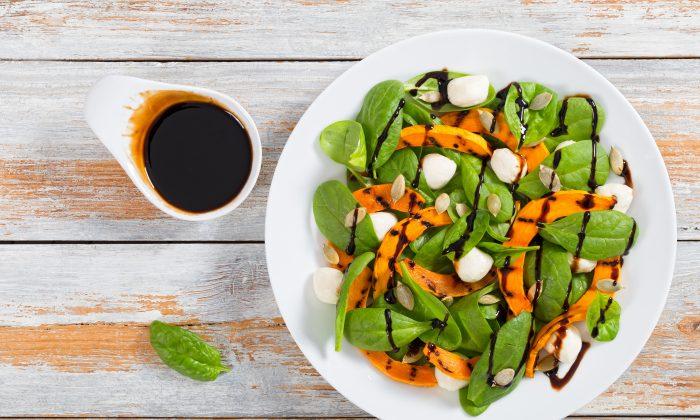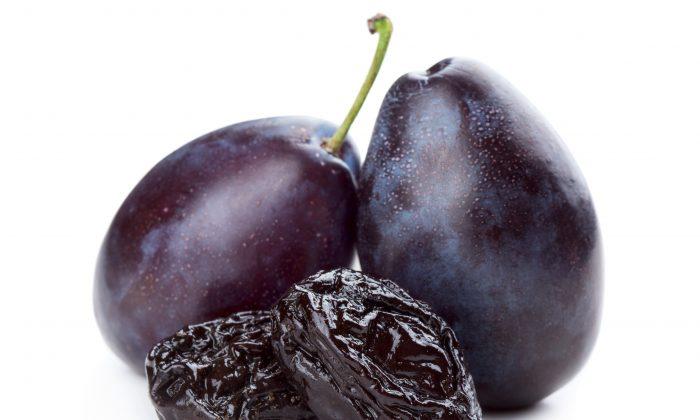Vinegar Exerts Glycemic Control

Then they gave each patient either 30 milliliters of vinegar (six percent acetic acid) or a water placebo during a meal. They proceeded to test the patients’ blood parameters every 30 to 60 minutes for the next five hours after the meal.
The research also found that the vinegar reduced blood levels of insulin and triglycerides.
The researchers concluded: “Vinegar’s effect on carbohydrate metabolism may be partly accounted for by an increase in glucose uptake, demonstrating an improvement in insulin action in skeletal muscle.
This point is critical. The reduced levels of insulin in the blood along with reductions in blood glucose levels means one thing: That the vinegar reduced what is referred to as insulin resistance.
Previous Studies Show Vinegar’s Effects on Blood Sugar
A 2010 study from Athens University Medical School also found that adding vinegar to a high-glycemic meal results in reduced blood sugar and insulin levels among diabetics.The researchers divided 16 Type 2 diabetes patients into two matched groups. Those in the first group were given a meal with a high glycemic index, including mashed potatoes and low-fat milk. The first day of the meal, vinegar was added to the meal. On the second day of the meal, vinegar was not included in the meal.
The second group was given a meal of the same nutritional value, except that it had a lower glycemic index. This meal included whole grain bread, low-fat cheese and lettuce. Once again they were given the meal on two consecutive days, with and without vinegar.
After each meal, each subject was tested for plasma glucose and insulin levels every thirty minutes for two hours.
Among the first group—those who ate the high-glycemic meal—blood glucose levels were significantly lower (42 percent) after the vinegar meals. Insulin levels were also significantly reduced after vinegar was added to the first meal.
However, the difference between the blood sugar levels and insulin levels among the second group—those eating low-glycemic meals with and without vinegar—were not significantly different.
The researchers concluded that: “The addition of vinegar reduces postprandial glycemia following a high-glycemic meal among diabetic patients.”
Other studies have confirmed similar findings for vinegar.
Why is vinegar such a source of health? Because it has been fermented by probiotic bacteria.





Friends Read Free